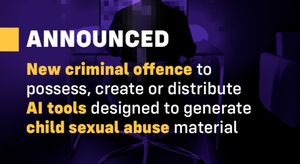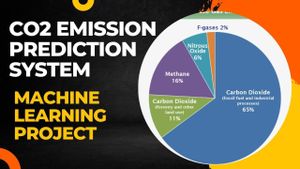Former President Donald Trump made headlines during his early presidency by signing an unprecedented 26 executive orders within the first 100 days of his administration, making it one of the most active starts for any recent U.S. president. From immigration policies to health initiatives, these executive orders have sparked controversy and debate about their long-term impacts on various communities.
One of the most contentious orders aimed at immigration involved mass deportations of undocumented immigrants. Critics argue these measures not only target vulnerable populations but also jeopardize the fabric of communities across the United States. Trump also signed orders withdrawing the nation from the World Health Organization, eliminating Diversity, Equity, and Inclusion (DEI) programs, ending birthright citizenship, and imposing restrictions on the rights of transgender individuals.
The termination of DEI initiatives has been particularly troubling for many Americans, especially those involved with federal employment. For example, Rosland Houston, a board member of the Birmingham Civil Rights Institute, expressed her concerns, stating, "I immediately saw the negative consequences it would have on the livelihoods of thousands of people employed by the federal government." This directive not only undermines protections for employees based on race and gender but also affects hiring practices, leaving individuals vulnerable to discrimination.
Major corporations have responded to these shifts by scaling back their diversity efforts, resulting in the withdrawal from Pride parades and the discontinuation of diversity surveys. Such changes significantly affect students graduating from Historically Black Colleges and Universities (HBCUs), as these programs often provide funding and support for marginalized communities. The cancellation of events like the HBCUs and Registered Apprenticeship Mini-Conference highlights the adverse effects of new policies on educational institutions.
Health services, particularly for Black communities, have also faced severe repercussions. By withdrawing from the WHO, the Trump administration limited access to global health resources, which is particularly concerning following the COVID-19 pandemic. Studies show the pandemic disproportionately affected Black Americans, who faced health challenges at more than double the rate of their white counterparts. Without support from the WHO, misinformation can flourish, deepening distrust and limiting necessary health services.
Beyond health care, changes to transgender rights under Trump's orders have raised alarms among activists and advocates. One order specifies the recognition of only two genders, effectively stripping protections from individuals who do not identify strictly as male or female. These policies not only endanger the safety and well-being of transgender individuals but may also contribute to increased violence and discrimination against those from historically marginalized groups, such as transgender people of color.
On the economic front, Trump implemented substantial tariffs on imports from Canada and Mexico—25% on steel and 10% on other products from China—prompting concern from labor organizations. The U.S. Steel Workers' Union (USW) emphasized the potential damage these tariffs would cause, stating, "Every year, about $1.3 trillion worth of products cross the Canadian and U.S. borders to support 1.4 million U.S. jobs and 2.3 million Canadian jobs." The potential fallout from these policies is expected to ripple through the manufacturing and service sectors, complicate international relations, and affect job stability across borders.
Industry associations like the U.S. Petrochemical Industry Organization (AFPM) expressed hope for swift resolutions to the tariffs, wishing to see energy products exempted quickly to mitigate impacts on consumers. "We hope to work out a solution quickly with our North American neighbors to remove crude oil, refining, and petrochemical products from the tariff schedule before consumers feel the impact," the AFPM noted.
Looking forward, the consequences of Trump's executive orders are becoming evident, with many marginalized communities feeling the brunt of policy shifts. The termination of DEI initiatives not only impacts immediate employment prospects but also signifies broader societal regressions. The potential for harm extends beyond policy; it invites questions about the fundamental values governing American society.
These early decisions by President Trump may set the tone for his administration, impacting both his agenda and public perception as time goes on. The repercussions are not just historical footnotes; they continue to affect the lives of real people. For many advocates, the fight for equity, inclusion, and health access is more urgent than ever, highlighting the need for vigilance against policies perceived as discriminatory or harmful.



